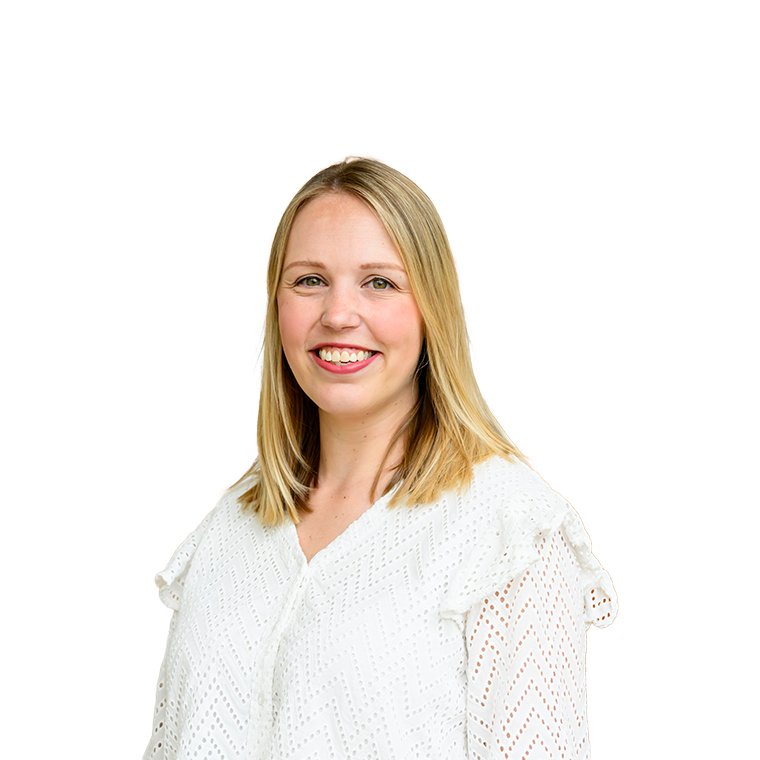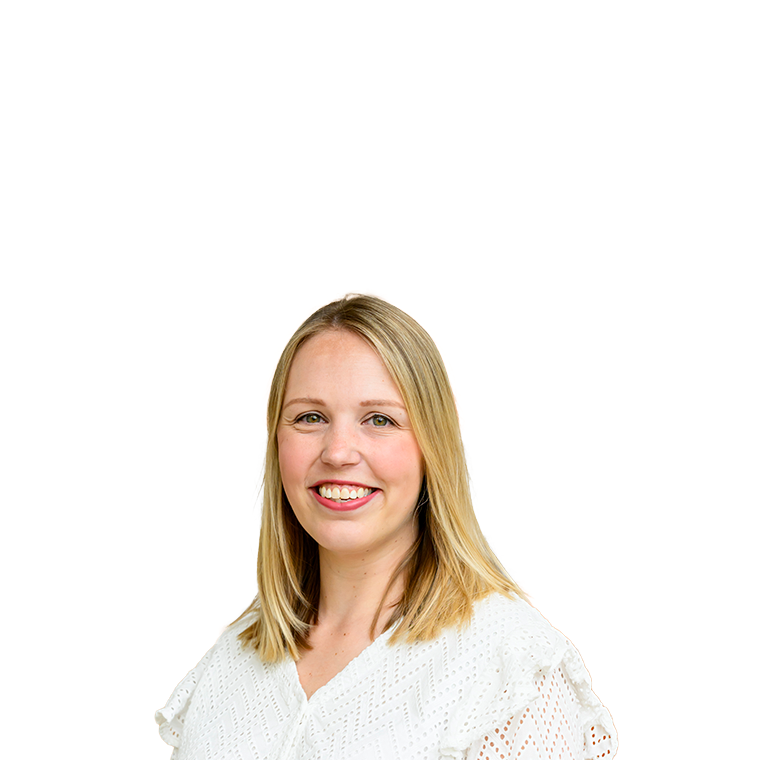As survival of childhood cancer has improved over the past decades, it has become clear that survivors are often challenged with physical and psychosocial late effects. Better knowledge about these long-term outcomes is important. It helps us understand how to improve treatments and how to adequately recognize and treat late effects. In this way, we can work toward the Máxima mission: maximum survival with minimum long-term effects.
Therefore, I am working on the following projects:
- Development of patient-relevant outcome indicators in pediatric oncology. Together with patients, survivors, parents and medical experts, we will define the outcomes that are most relevant after treatment of childhood cancer. By measuring these outcomes, we will be able to see if we are reaching the Máxima mission: maximum survival with minimum long-term effects. It also enables identification of “best practices” internationally, so we can improve our quality of care.
- This is a Europe-wide project that aims to develop and implement person-centred survivorship care across Europe. The PanCareFollowUp Care and eHealth Lifestyle Interventions will first be investigated in different European countries to make them feasible in different health care systems.
- Pulmonary dysfunction in a cohort of Dutch survivors. We want to establish the treatment-related risk factors for pulmonary dysfunction in survivors of childhood cancer, to see which survivors should receive pulmonary follow-up. Prevention, as well as early recognition and treatment of pulmonary problems, is important to maintain each survivor’s health and wellbeing.
Other activities: Post-graduate Master Epidemiology (Utrecht University), TULIPS PhD Curriculum 2020-2022 ,
Supervisor(s): Prof. dr. Leontien Kremer, dr. Renée Mulder



